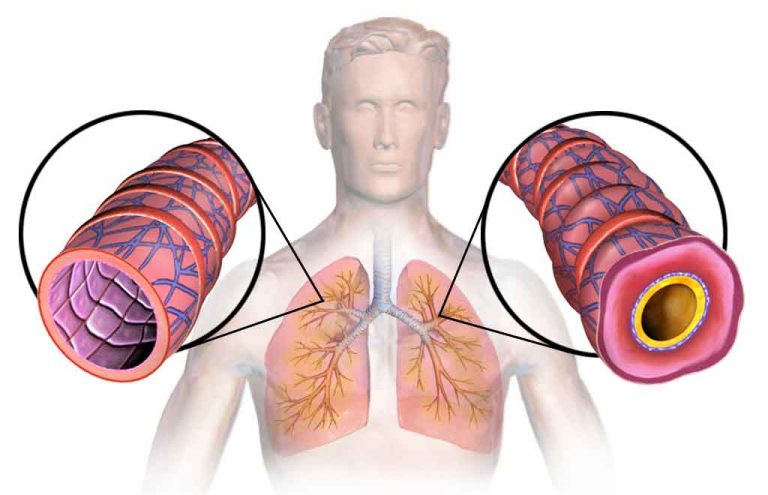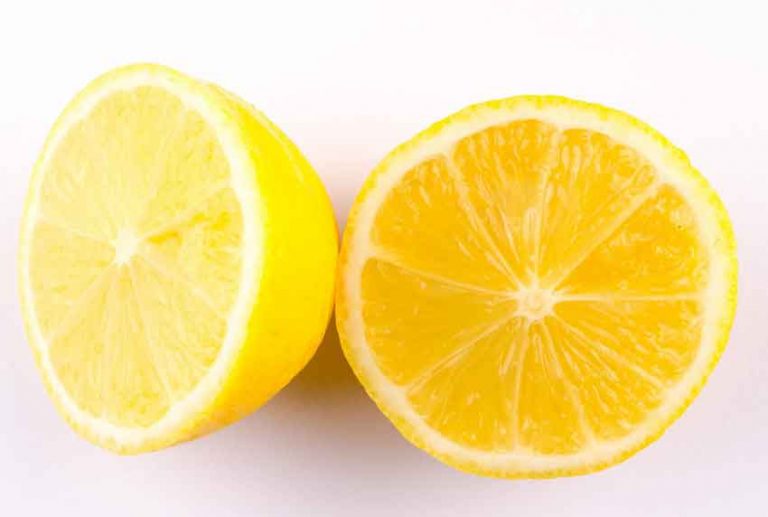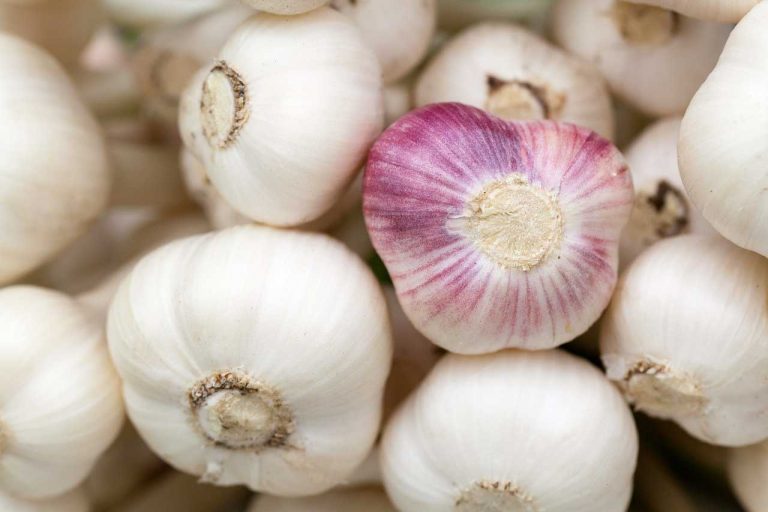Health Benefits of Apple Cider Vinegar
If you are like most Americans, you probably have a jar of apple cider vinegar in your pantry. Apple cider vinegar seems to be one of those ingredients you have around for the occasional recipe, but you may not go through it very quickly. You may even wonder if apple cider vinegar deserves a place in your kitchen at all.
In recent years, there have been some pretty great claims made about all the wonderful things apple cider vinegar can do. This articles explores some of those health claims. It just may be that apple cider vinegar deserves a more favored place on your ingredient list.
What is Apple Cider Vinegar?
First, let’s talk about what apple cider vinegar (or ACV) actually is. AVC is made through a two step process. First, crushed apples are exposed to yeast. The yeast actually eats the sugar in the apples through a chemical reaction that creates energy and carbon dioxide, and most importantly, ferments the sugar converting it into alcohol. Acetobacter bacteria is then added to further ferment the alcohol converting it to acetic acid. (1) It’s this acid that gives ACV its sour taste and potent smell.
Converting apples to vinegar is a slow process that takes weeks or even months. It generally continues until the acidity level of the vinegar is at least 5%. During this process, a cloud of enzymes, proteins, and healthy bacteria forms. This cloud is referred to as the mother of vinegar.
Some companies chemically speed up the fermenting process and/or filter the mother out and pasteurize their apple cider vinegar. If you have a bottle of transparent ACV, you can bet that is the case with yours. Unfiltered ACV is murky and inconsistent looking. But, it is the nutrient rich cloud in ACV that is attributed with the health benefits ACV is believed to be responsible for.

So what exactly are those health claims? Here are just a few.
Treatment for the Common Cold
There are several benefits you can experience from taking ACV the next time you have a cold.
First of all ACV is full of the same nutrients found in apples. Apples are considered by many as one of the healthiest foods you can consume, and for good reason too. They are full of antioxidants, vitamins, and minerals such as calcium and potassium. (3) You may have heard the old Welsh proverb “an apple a day keeps the doctor away”. Apples are one of those miracle foods that seem to have no end to benefits.
In addition to the natural goodness of apples, the mother of cold-pressed ACV is full of probiotics. If you know much about probiotics, you know that they have been proven to boost your immune system and help your body overcome illnesses. (2) An extra boost to your immune system can shorten the duration of whatever it is making you sick.
The vinegar element in ACV is known to thin out mucus making it easier to clear from your throat and respiratory system. It is also believed that the acid in ACV can kill the pathogens that are making you sick.
Taking apple cider vinegar when ill is like engaging in a multi-front assault against your sickness. The next time your encounter a cold, try taking some ACV and see if you don’t feel better faster than you expected.
Killing Bacteria and Disinfecting
As mentioned before, vinegar can kill pathogens, including harmful bacteria and viruses. In fact, it has been shown to reduce the numbers of some bacteria by 90% and certain viruses by 95%. (4) Because of this, ACV has many obvious applications.
ACV is a great option as a natural disinfectant, a produce wash, and it can even help prevent food from spoiling. It is effective against bacteria such as e.coli and staph. (6)
Here are some great bacterial killing uses for apple cider vinegar that you should try.
- Eating ACV as a salad dressing can give you peace of mind if you are worried about food borne illnesses from contaminated produce.
- Some have had success using diluted ACV as a face wash to treat acne which can be caused by bacteria on the skin. (5)
- If you unintentionally leave a load of laundry in the wash too long, add a cup of ACV and rewash. The vinegar kills foul smelling bacterial and freshens your clothes.
- Apple cider vinegar has been used to treat nail fungus, lice, and warts. In its diluted form, it can be effective for cleaning wounds and infections.
- Gargle a mixture of ACV and water to relieve a sore throat and banish germs that are causing it.
- Use ACV to get rid of the bacteria that causes bad breath. It will leave your mouth feeling fresh and may also remove stains and whiten your teeth at the same time.
- ACV can be used to clean your toothbrush or dentures. Since it is edible, you don’t have to worry about using it on something that goes in your mouth like you would with harsh chemicals.
- Create a natural disinfectant by combining apple cider vinegar and water in a spray bottle to use around the house. It works great and leaves a clean smell.
Lowering Blood Sugar and Weight Loss
ACV has been proven to help lower blood sugar and fight diabetes. In fact, this is one of the best proven benefits of apple cider vinegar.
Taking a tablespoon of ACV during a high-carb meal significantly lowers blood sugar and insulin responses, by as much as 34%. (7) Even if you have never been diagnosed with diabetes, you may have a chronic health condition caused by high blood sugar.
So whether you are diabetic, pre-diabetic, or concerned about your health for some other reason, ACV can help you to lower your blood sugar and improve your overall health.
ACV can also help you feel fuller when taken with a meal thus helping you eat less and lose weight. One 12-week study was conducted in which obese subjects were given 1 to 2 tablesspoons of vinegar dilluted in a beverage. Over the study period, the subjects were able to lose some weight, which is likely because vinegar promotes satiety and lowers blood sugar and insulin levels. (8)
Heart Disease and Cancer
Heart disease is currently the leading cause of death in the United States, but ACV can actually improve your overall heart health. Apple cider vinegar has been shown to lower cholesterol, triglycerides, and blood pressure, thus helping lower your risk of heart disease. (9)
It is also believed that apple cider vinegar can kill cancer cells and shrink tumors. This is because vinegar contains chemicals known as polyphenols. (10) Studies have been conducted in test tubes where vinegar was applied directly to isolated cancer cells. The vinegar was shown to kill the cancer.
Research is still being done to demonstrate how vinegar can be applied to cancer cells in the human body, but ingesting apple cider vinegar could possibly help prevent cancer.
How to Incorporate Apple Cider Vinegar Into Your Diet
The good way to take ACV is to incorporate it into your diet naturally. Apple cider vinegar can be used in a variety of ways in the kitchen. It makes a tasty salad dressing, and it can be used in soups and stews. A quick google search for recipes that contain apple cider vinegar will give you a bunch of ideas. You can also add it to your tea or other beverages. You can experience the benefits of apple cider vinegar simply by consuming 1-2 tablespoons a day, or take it when you your immune system can use a boost.
Since apple cider vinegar is acidic, registering between 2-3 on the ph scale, it should always be diluted before it is taken internally or applied to the skin. Undiluted apple cider can burn your throat or skin if it is too strong. You should also rinse your mouth after gargling with it to protect the enamel of your teeth from eroding.
Apple cider vinegar is such an amazing food with several health benefits. Not only can it help you be healthier, but it can also help you avoid using harmful chemicals for cleaning or treating sickness. Take some modern wisdom about a remedy that has been around for centuries and start using apple cider vinegar more in your home.
Sources
- https://www.ncbi.nlm.nih.gov/pmc/articles/PMC1785201/
- https://journals.lww.com/co-gastroenterology/pages/articleviewer.aspx?year=2011&issue=11000&article=00003&type=abstract
- https://www.medicalnewstoday.com/articles/267290.php
- https://www.ncbi.nlm.nih.gov/pubmed/9713753
- https://www.healthline.com/nutrition/apple-cider-vinegar-and-acne
- https://www.ncbi.nlm.nih.gov/pmc/articles/PMC5788933/
- https://care.diabetesjournals.org/content/27/1/281.long
- https://www.ncbi.nlm.nih.gov/pubmed/19661687
- https://www.ncbi.nlm.nih.gov/pubmed/16611381, https://www.ncbi.nlm.nih.gov/pubmed/26476634
- https://www.ncbi.nlm.nih.gov/pubmed/15149153







